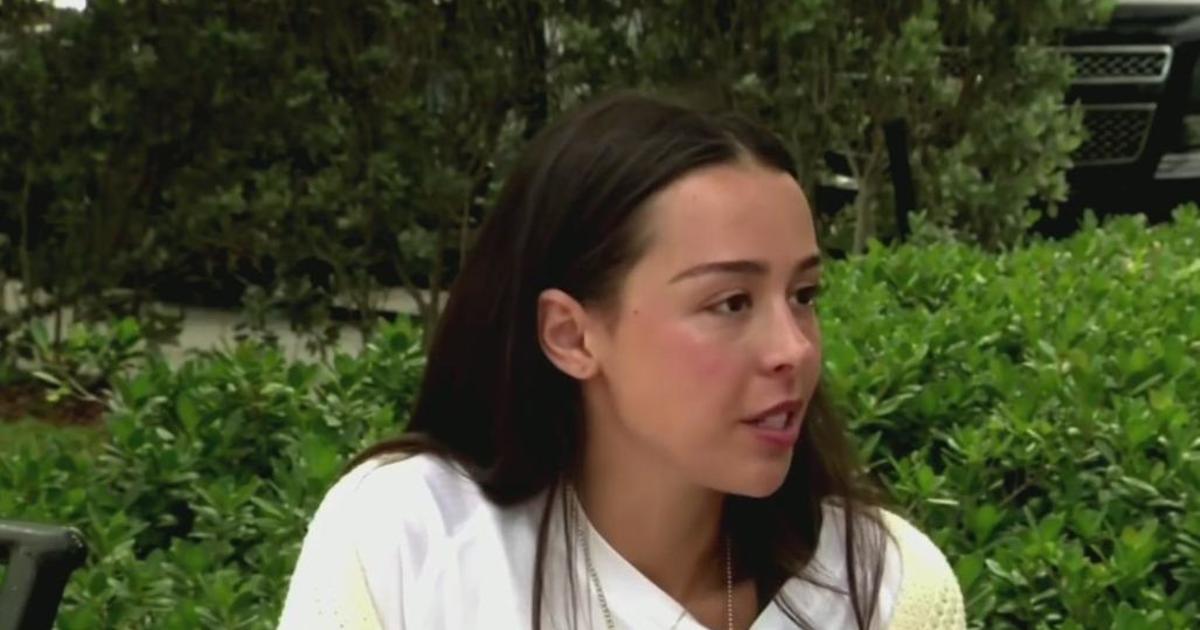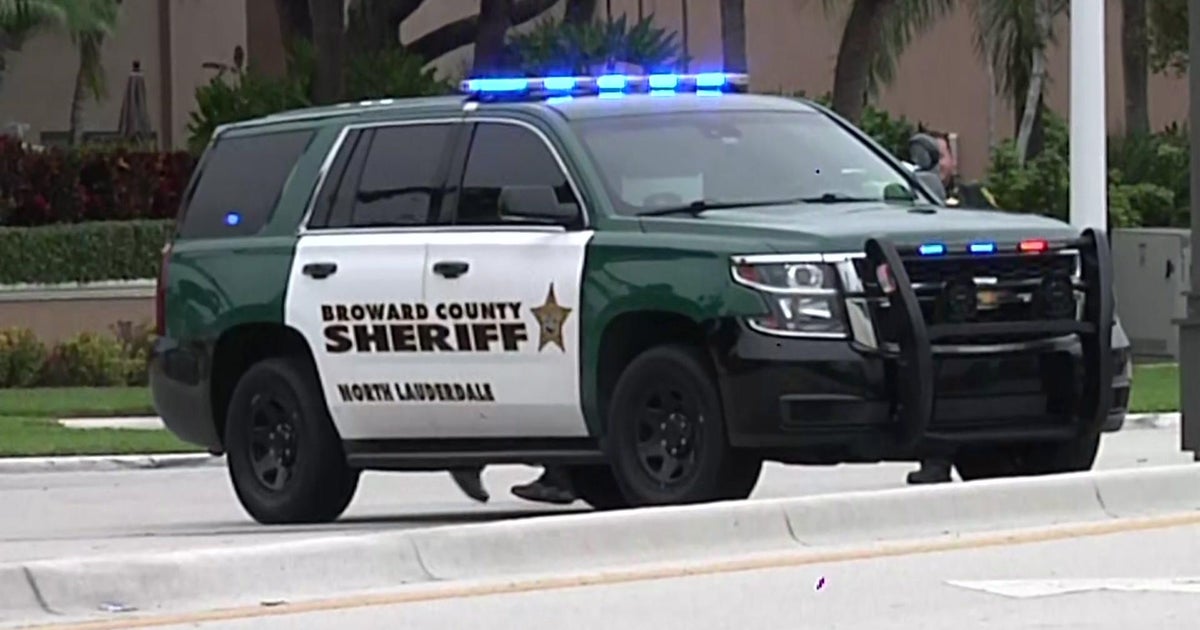March Of The Living: Three Who Survived
AUSCHWITZ, POLAND (CBS4) - Three men…three stories…three lives changed forever. Nearly 70 years after the holocaust, survivors David Schaecter, David Mermelstein and Joe Sachs remember those horrific dark days and the loved ones they lost -- just like it was yesterday. "My mom, my dad, my brother," says Schaecter, as he talks about close family members killed at he hands of the Nazi's. Mermelstein lost about 85 relatives, including two brothers, a sister, his parents, and grandfather. Sachs lost his entire immediate family.
Each has their own memories of hell, but now, they work together to make sure that no one will forget how the Nazi's attempted to carry out what they called, "The Final Solution," Hitler's attempt to wipe out the Jews.
As the trio travels back to Auschwitz in Poland, each tells a terrifying story about being ripped from their homes and loaded onto crowded trains, with no idea where they were going or what would happen to them once they arrived.
Standing on the train platform at the Birkenau extermination camp, part of Auschwitz, Mermelstein remember the being greeted by the infamous Dr. Joseph Mengele, the man who performed cruel medical experiments on children and adults being held by the Nazis. "He looked at you, had on white gloves and a little stick and just motioned right or left." Mermelstein is explaining what became known as "the selection process." In that split second, people where chosen for life or immediate death in the gas chamber. No one realized at the time what was happening. "The people went to right went this way, people who went to left, right behind the fence there, there's a walk way, they walked about a half a mile to where the gas chambers," recalls Mermelstein.
Mermelstein and his 2 brothers were sent to the right, his mom, dad and the rest of his family were sent to the left, .to their immediate death.
Survivor Joe Sachs remembers that selection process too, and watching people march off to the gas chamber. "If anyone went in, they didn't come out," said Sachs, "so there is no one to tell you what it was like, but it was known they had them undress, drop everything and they were pushed into the chambers, the doors were locked an that was the end of those people."
While touring Auschwitz, there are many sad reminders left behind of the people who arrived here thinking they were just being relocated. There are rooms filled with luggage, the shoes of men, women and children and the hair cut from their heads before being murdered, then sold for profit. "When I saw the hair, that just hit me so hard," said visitor Gillian Millberg from Miami, "because you can take articles of clothing, you take shoes, you take sunglasses, you can take whatever you want, but when it's a part of your body, like hair, and to make it for someone else's use, made me so disgusted!"
For survivors, the trip back to Auschwitz is a difficult one, but they will continue to do it as long as their bodies allow them to. "I want to feel that I left a legacy," said David Schaecter. "I want to feel that I reached a lot of children."
All of them want to make sure that the murder of 6 million Jews and millions of others will never be forgotten. "If we can educate the younger generations to reduce the amount of hatred and prejudice," said Sachs, "maybe one day there will be a better world and that's what drives me."
Join CBS4 News for a special presentation: March of the Living, Return to Auschwitz Sunday, May 20th at 6:30 p.m.



